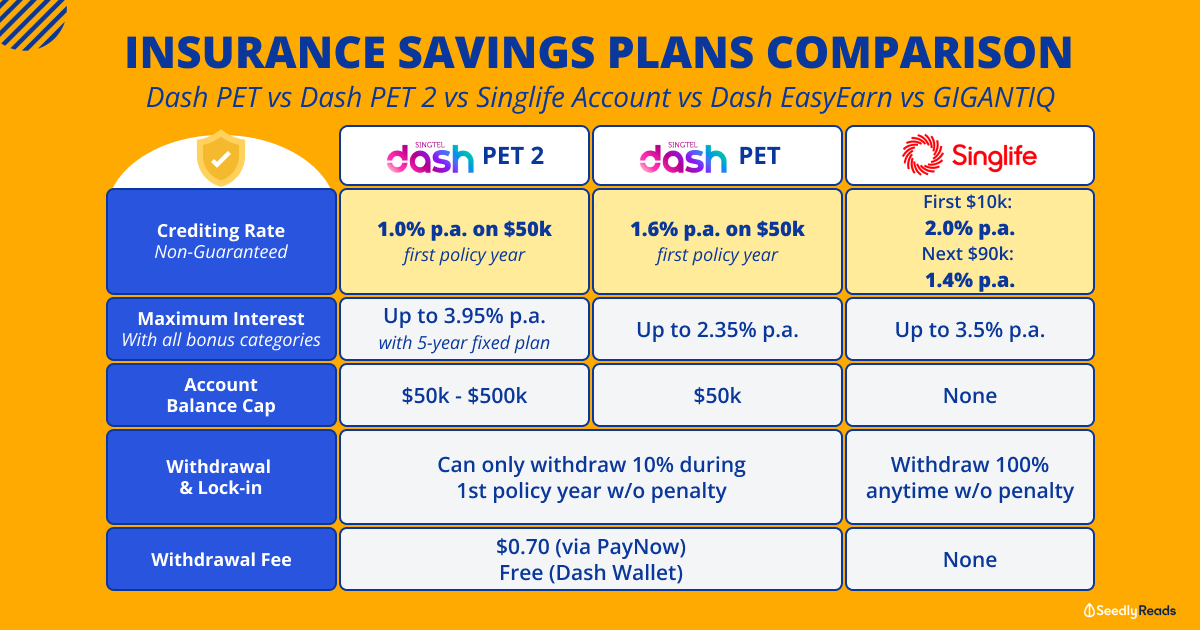For Irish-domiciled ETFs, the main benefit is the reduced withholding tax rate of 15% on US equity as compared to 30% for US-domiciled ETFs.
Irish-domiciled ETFs also come in 2 variants - accumulating and distributing. Accumulating ETFs automatically reinvest the dividends into the fund automatically. Distributing ETFs are like normal ETFs paying out dividends on a regular basis.
A con of Irish-domiciled ETFs is the relatively low liquidity - US-domiciled funds tend to have tighter spreads and sees smaller price changes should you be buying or selling in large amounts. However, if you are investing long term, and drawing down over time, this should not be an issue. Most Irish-domiciled ETFs track popular indices, so you are out of luck if you intend to focus on a particular sector.
I would avoid Saxo due to its high fees - 8 GBP minimum commission on the LSE, 0.75% currency conversion fee and 0.12% p.a. custody fee. Interactive Brokers and Standard Chartered are much better options. For US markets only, you can consider TD Ameritrade as well.








For Irish-domiciled ETFs, the main benefit is the reduced withholding tax rate of 15% on US equity as compared to 30% for US-domiciled ETFs.
Irish-domiciled ETFs also come in 2 variants - accumulating and distributing. Accumulating ETFs automatically reinvest the dividends into the fund automatically. Distributing ETFs are like normal ETFs paying out dividends on a regular basis.
A con of Irish-domiciled ETFs is the relatively low liquidity - US-domiciled funds tend to have tighter spreads and sees smaller price changes should you be buying or selling in large amounts. However, if you are investing long term, and drawing down over time, this should not be an issue. Most Irish-domiciled ETFs track popular indices, so you are out of luck if you intend to focus on a particular sector.
I would avoid Saxo due to its high fees - 8 GBP minimum commission on the LSE, 0.75% currency conversion fee and 0.12% p.a. custody fee. Interactive Brokers and Standard Chartered are much better options. For US markets only, you can consider TD Ameritrade as well.